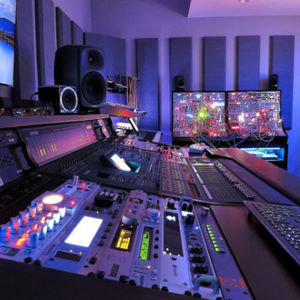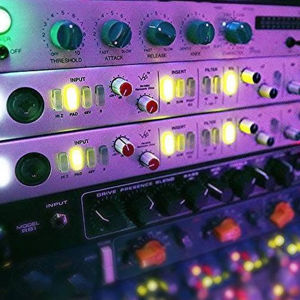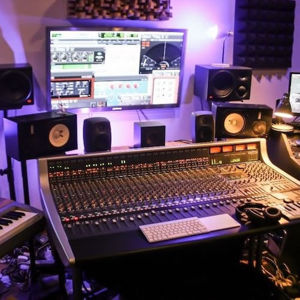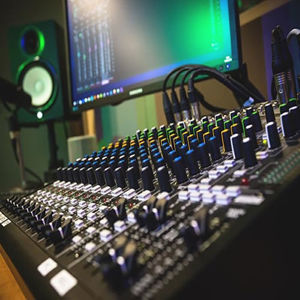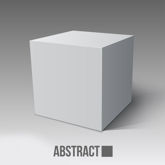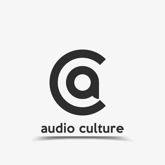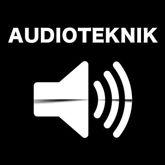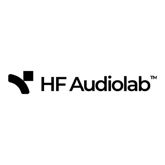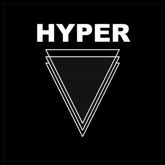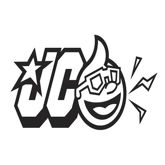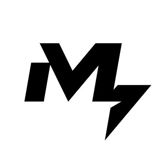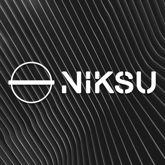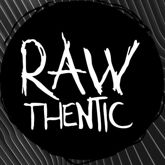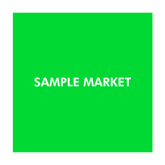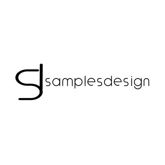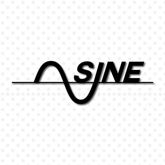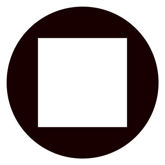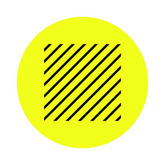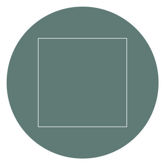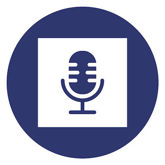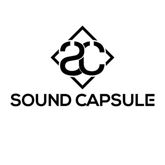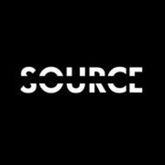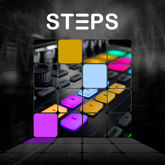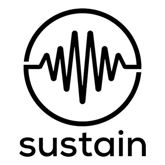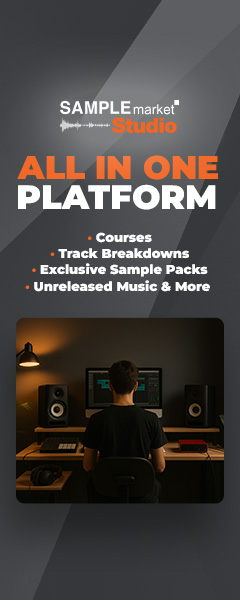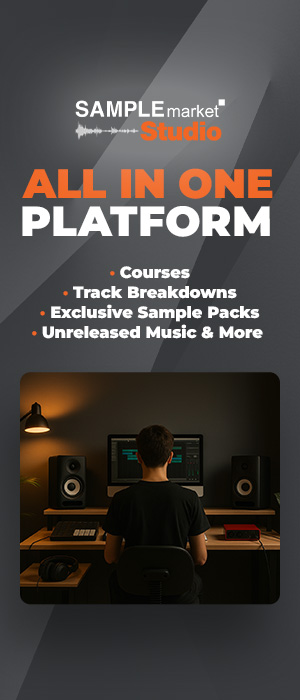We had a chat with Danish producer and sound designer Momec who created the ‘Modular Tools’ sample pack for Abstract. He took us through the process involved when creating the pack, his studio & live setup and shared a few useful tips.
Tell us about the process of creating the Modular Tools sample pack. What gear did you use and what inspired you to start?
The pack was made over 6-8 months, so this turned out to be a massive project. I have made several sample packs before, including a couple of big ones on WaveAlchemy. I had recently gotten in to modular synths before this, so it was inevitable that I started building a sample pack based on my new system (And, well, I could not keep my hands of it anyway, ha ha ha).
So, the whole pack was made with pure analog modular synths. The system changed a lot in that period, and I got a lot of different modules in and out the door, so the collected list of gear used is very long compared to the size of my system. One of the key tools I used extensively was modulation. I find that a complex modulation source is what makes simple, standard sound sources shine. You can especially hear it in the "Movement" category, those loops have been modulated inside out, and often the modulation was modulated. That's a lot of modulation!
To top it all off I have a few homebuilt studio processors. A compressor, a nice tube EQ and some guitar pedals plus various processor like modules in the rack. This was all used to shape the final output from the modular synth. I wanted to get as close to the finish line before hitting the converters, to keep everything as analog and punchy as possible, but I did use software for the end processing.
I have 3 plugins that do 90% of the work, and that I gladly recommend to anyone. For compression, Kush Novatron is amazing. It has a nice transformer circuit too that can add a lot to the sound. My go-to channel eq is the PSP E27. Amazing what they did there, and the airband is just magic. The last one is HG-2 from Plugin Alliance which is a great sounding tube saturation.
I used a standard parametric EQ too when I needed to cut some resonances, but generally I kept the software processing as minimal as possible
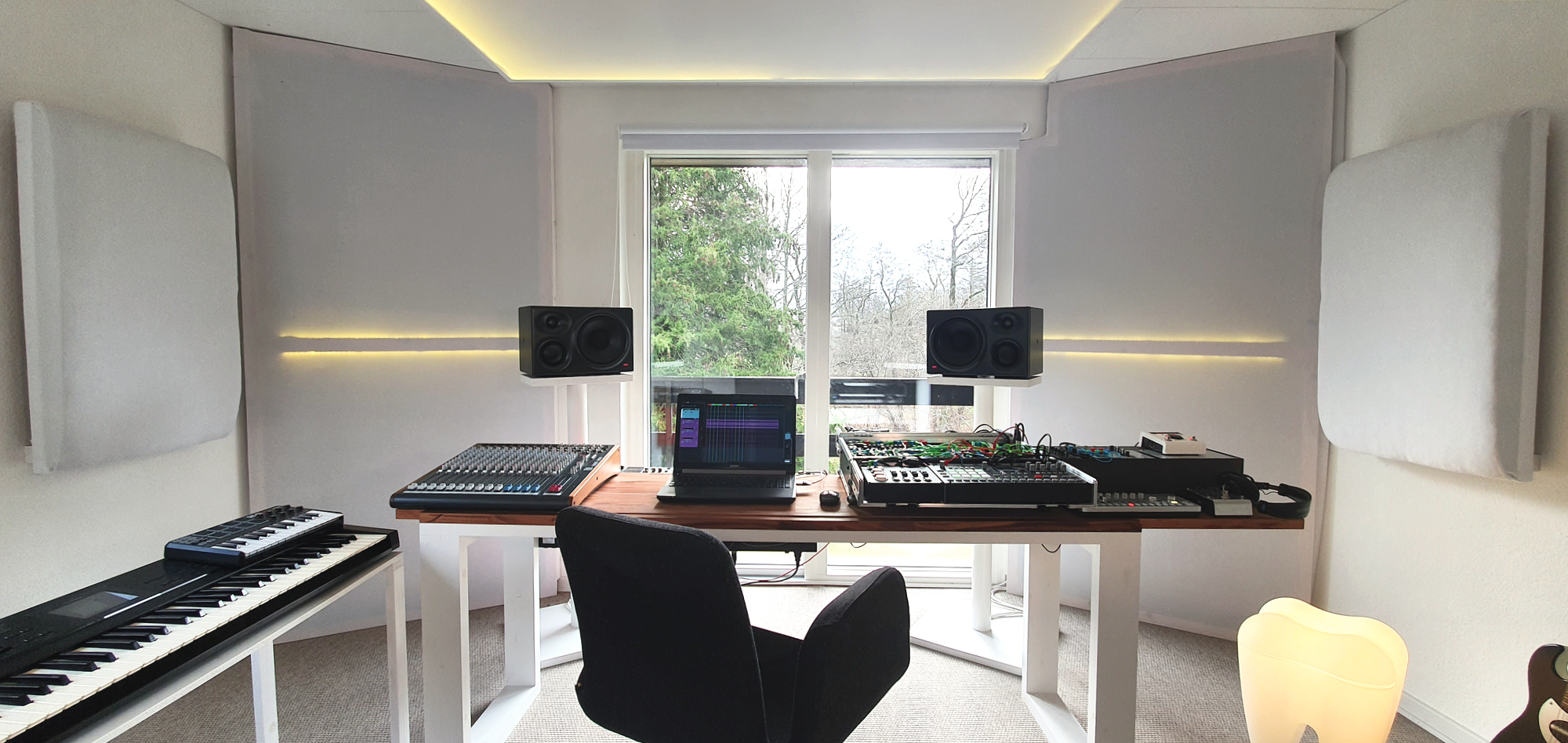
The processed drum loops in the pack sound incredible. What’s your mixdown process for drums? What sort of processing do you apply to your drum mixes?
Besides the 3 main software tools I mentioned, the processed loops category was a big playground. I wanted to see for myself what this collection could do, so I just disregarded all habits and experimented.
What I did a lot was using things like flangers and phasers, but only mixing them in at a barely noticeable level. Often using more than one instance.
I also like short and dark reverbs on drums, to give that live feeling. Again, trying to keep them at very low levels, just to add that feeling of liveliness even though the loop sounds dry. With that said though, if I felt like piling on a lot of reverb on the kick, I just did. No rules!
Dealing with analog sources, you have to accept some noise in the signal. If you listen closely, most of the processed (and raw for that sake) loops have a pretty high amount of noise, but unless it was very resonant or worked against the sound I just went with it and sometimes enhanced it. Noise can add a lot to the feeling of space and coherence.
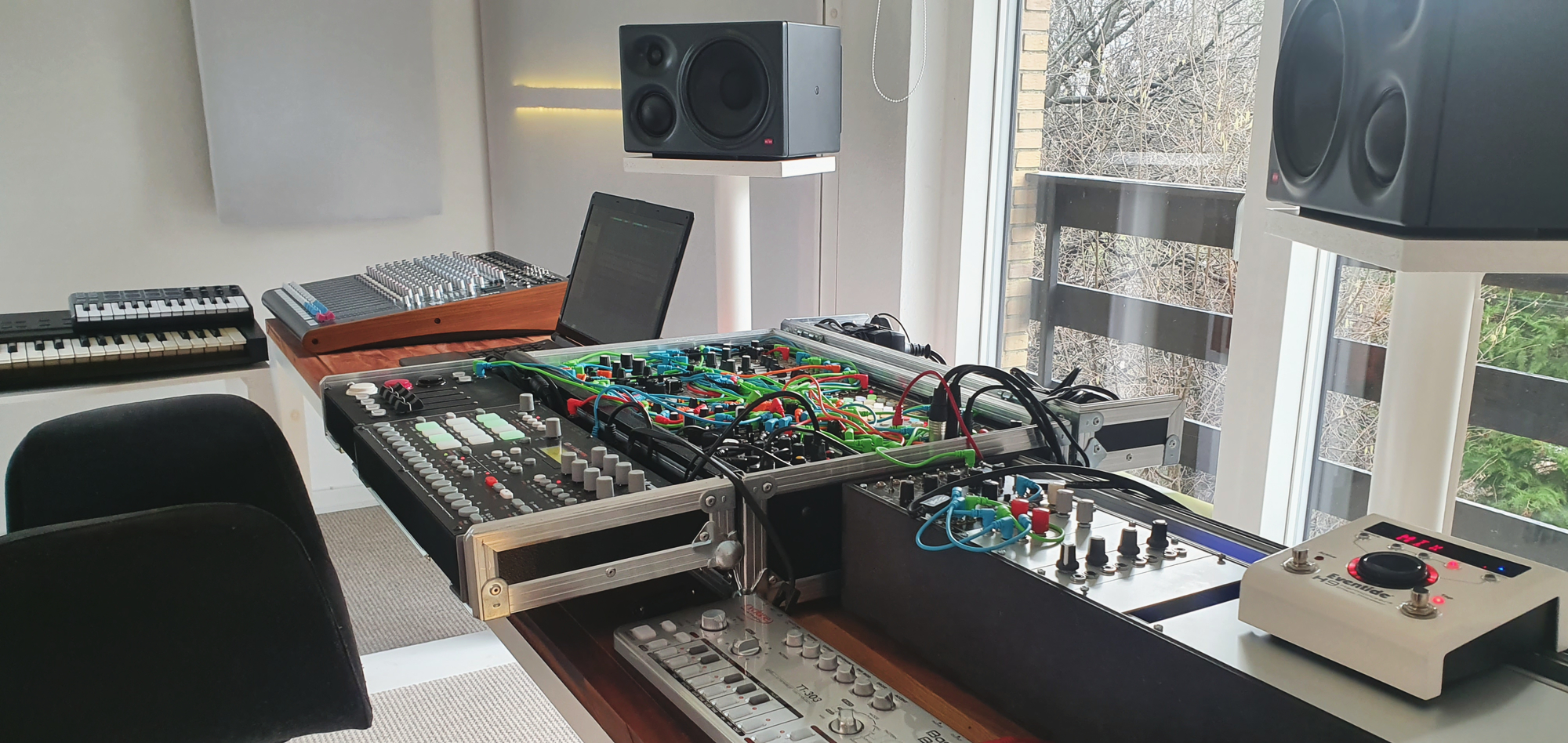
Can you talk us through your current studio setup?
My studio setup has changed a lot since going modular. My main focus right now is playing live, and slowly over the last 1-2 years, my live and studio setup have merged to the point where everything feels like one big instrument.
I have my live case, which consist of a eurorack system and an Elektron Analog Rytm. Added to that is a homebuilt midi controller for the Analog Rytm, this lets me modulate sounds with 4 faders and knobs. The controller has now become an integral part of how I play.
The studio gear is based around a great pair of monitors, the Klein & Hummel 0300's. I have had them for way over 10 years, and they just make me smile every time I feed them audio. It was a massive investment, but I am so glad I got them, and I can't imagine them ever leaving my studio.
I have a Focusrite Scarlett converter system, which I am happy with but am thinking of upgrading to a higher grade two or four-channel in the near future. I was doing multitrack recording of my analog gear, but have slowly moved away from it, and am now mostly recording one stereo master track, with everything mixed outside the box, so I don't need 16 inputs anymore.
As mentioned earlier, I have a few studio processors, two of which I built myself. One is a clone of the SSL master compressor, done by Gyraf. It sounds great even though it probably shines more on rock or acoustic music, but I am usually not working it more than 1-2 db. Then I have a Pultec type tube eq, which is sadly being fixed at the moment, but it sounds fantastic.
I have a few other bits as well, including a small eurorack system, Eventide H9, Cyclone TT303 and an Allen & Heath Zed18 mixer. This all gets used, but not nearly as much.
My studio computer is just a laptop, a quite old one even (But a powerful one). It still has plenty of power for my needs since I mainly work with one stereo track. For multitrack productions, it would probably struggle a bit by now.
Oh yeah, another very important part of the studio is the acoustic treatment. I have build the whole studio myself, including my table which can slide from left to right, giving me the option of having my live gear or my laptop in the center position. Acoustics are controlled with a massive amount of rockwool (same as Owen cornings isolation). There is a massive cloud hanging above my head, two triangles on each corner and some absorbers on the walls around me as well.
This should be the first priority of any studio builder, would love to have known that earlier myself!
What is your favourite piece of gear?
I cannot live without the Elektron Analog Rytm. Simple as that. It is just an amazing machine.
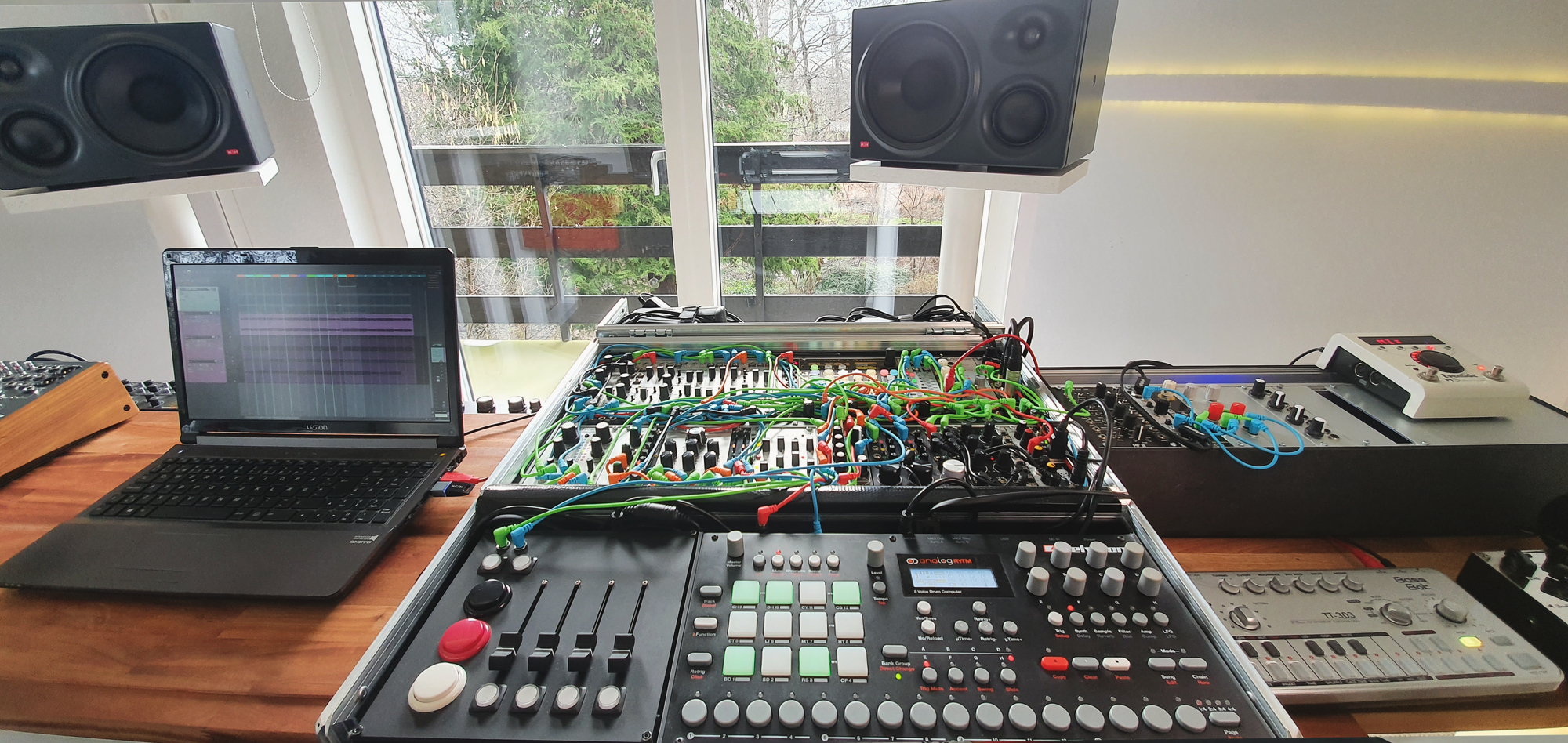
What DAW do you normally use to edit and arrange the sounds?
I transitioned from Ableton to Reaper when I started recording long multitrack sessions, and I am so happy I did. Reaper is super flexible, stable and very efficient, but it takes a while to set everything up the way you like it. It is not for everyone, but when it fits...
How did you get into producing music?
That's a good question, I can't really say exactly. I have been playing music all my life and have had a deep interest in computers from early on, so I guess it was a logic choice to start playing around with audio software. Back in the day when I started there wasn’t much available. The first software I had was actually Rave Ejay, but I quickly transitioned to trackers of various kinds before finally taking the leap and moved to a more serious DAW, which was Cubase. I used Cubase for many years and enjoyed it, but music was always just a hobby for me until recently.
Tell us a little bit about your love for Modular Synthesizers. What got you into modular?
Curiosity got me in to it, ha ha. I was really stuck in the computer at the time, I just felt like I made the same thing over and over again and never really finished anything, so a change was necessary. I don't remember how or why I got the first few modules, but I remember the feeling of patching cables and modulating things in the analog domain. I was hooked at once. I have owned different hardware synths through the years, including analog ones, but being forced to sculpt your own sounds with freedom to route anything anywhere was just mind-boggling, and I have not looked back since.
Later, when I progressed to live performance I realised the absolute joy of being able to construct the exact setup I wanted, personalizing everything and organically growing my gear, which at this point I consider to be more of an instrument than just a synth.
You also perform live. What is your live setup, and what are the challenges of using a modular live?
I have already covered it along the way, but to sum up my live setup is this:
2x 104 HP of eurorack modular, with a 1U strip in the middle. This is set up as two synths lines. One mainly for bass and one for leads, chords, fx, percussion and so on. I have an internal mixer that has sends, and a few fx modules to polish things off.
The other part is the Analog Rytm drum machine which has both analog and sample based sources pr. voice (8 voices). It is super deep and the sequencer is awesome. It delivers all the drums of course, but also samples and fx if I want to.
The midi controller I talked about earlier is hooked up to what is called performance modes on the Analog Rytm, and I can simply use the faders on the controller to modulate anything inside the machine. This can be set up pr. beat, so it is not always the same. An example could be one fader lowering the kick while extending the reverb as I move it up, another fader pitching down a vocal sample or extending the decay on a hi-hat, things like that. This way I can move more organically through my set, without any menu diving.
I like to describe my live performances as "having the intensity and nerve of a live set, with the flow and coherence of a Dj set". In the end, it is all about what comes out the speaker. Most people in the audience have no clue what I am doing, and that is the way it should be. Music first, gear second.
There are many challenges related to using analog gear live. One is tuning. Many analog oscillator drifts when the temperature changes, so it is ultra important that you choose temperature compensated ones, or digital ones. It is very rare that you have good monitors on stage, especially if you play in clubs like I do, so you have to rely on everything just working, as it should and staying in tune. The challenging monitor situation makes it very hard to set reverb levels and mix levels in general, so you just have to hope for the best and have a good set of headphones (Even though they rarely help because of the insane levels at clubs, ha ha). I rely on my beats on the Analog Rytm being meticulously mixed and prepped, so I try to balance everything against the Rytm but often it just feels like deep diving in to a dark lake. Quite nerve wracking but exciting!
Opposed to a Dj set, you are using a much larger portion of your brain, so everything beyond two hours is really fatiguing. You have to have a focus on every little thing from mix to arrangement; it takes a lot of practice.
I'd like to try a three-hour set at some point, but not sure I am ready yet.
With all that said, when a gig goes well it is just that more rewarding. It is a great feeling to have delivered a good performance. When people dance to your own music, you know you are doing something right
What tips would you give producers out there who are looking to start making sample packs?
The most important thing is choosing a genre or topic that you love, cause you will be spending a lot of time doing it.
The second tip I'd give is: Finish each sample as much as possible in one go. Having to load in every sample multiple times for editing, processing and categorising is very VERY time-consuming. Trust me, I learned it the hard way, ha ha. So, make sure that you edit the sample, process it and give it the right filename (Make up a naming system from the get-go before exporting the first time. This will save you a lot of time and headache.
Also, think usability. It is hard to implement loops in productions with too much going on, keep it simple and useful for the end-user.


